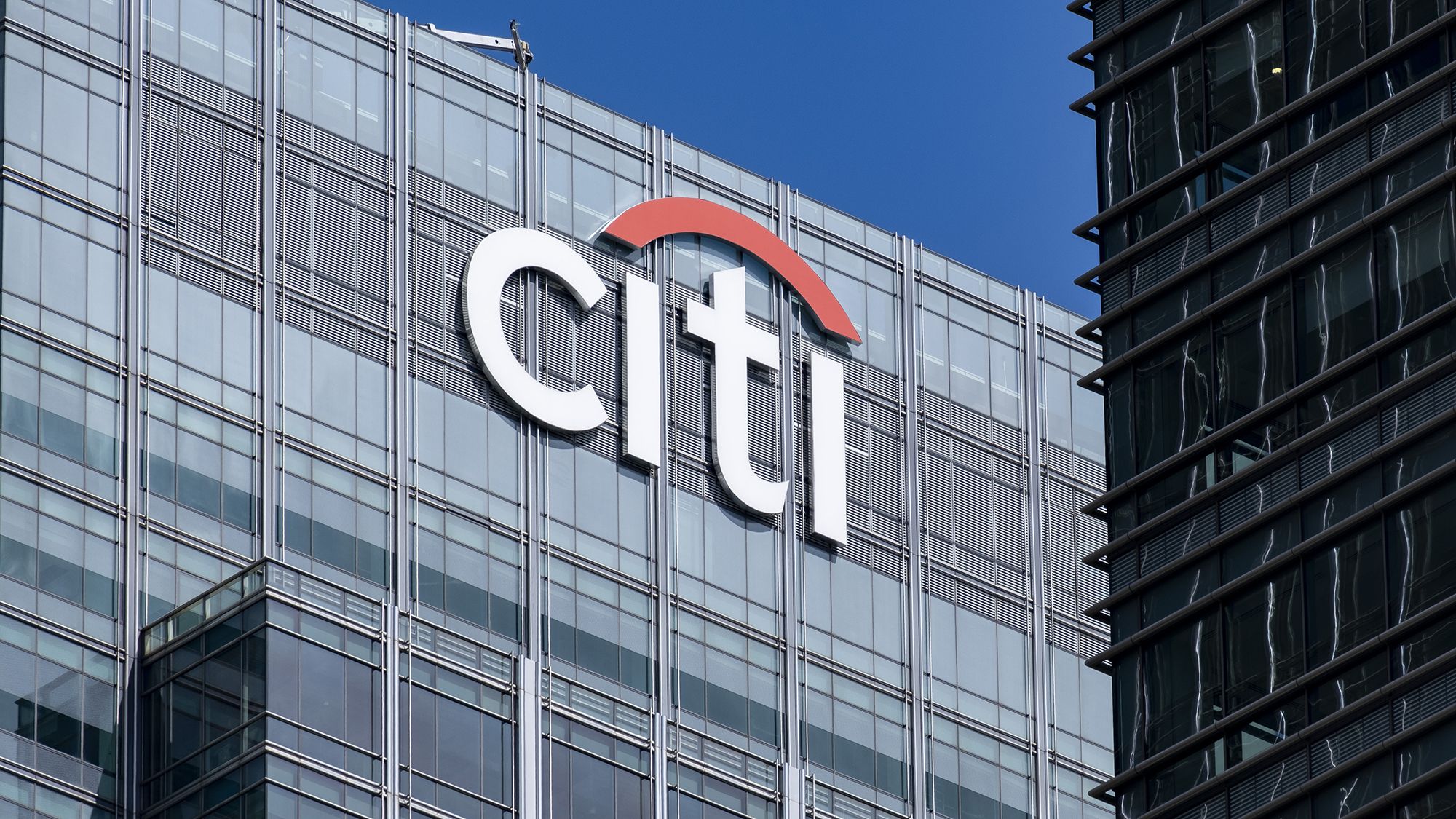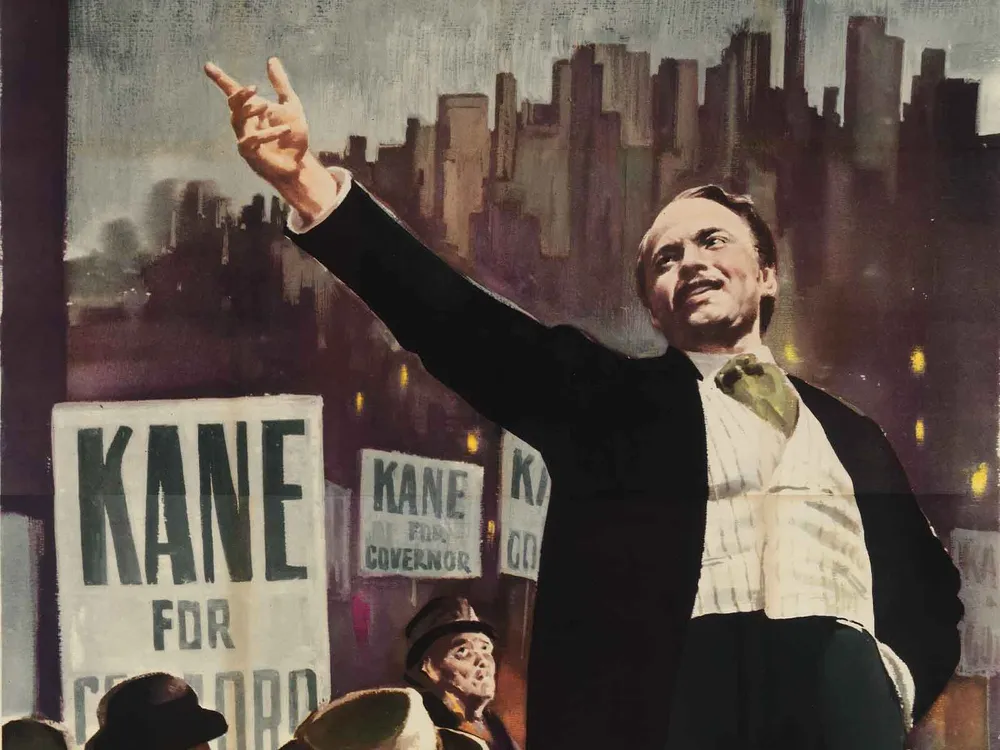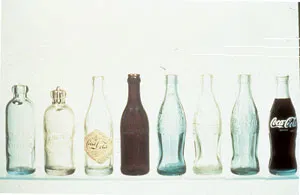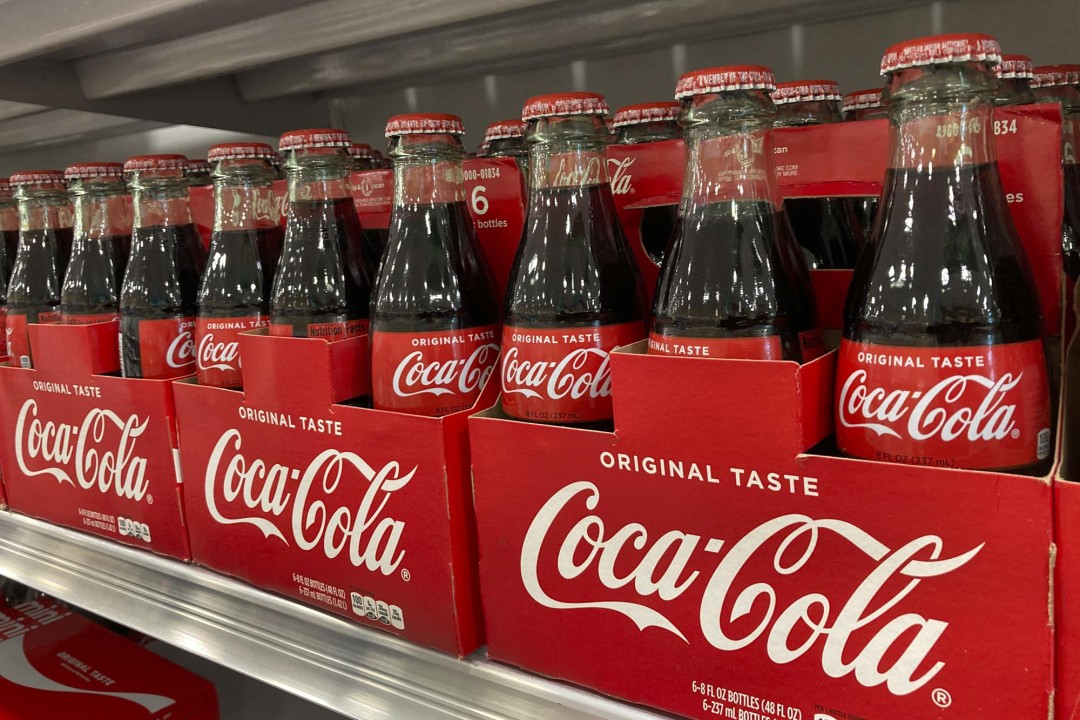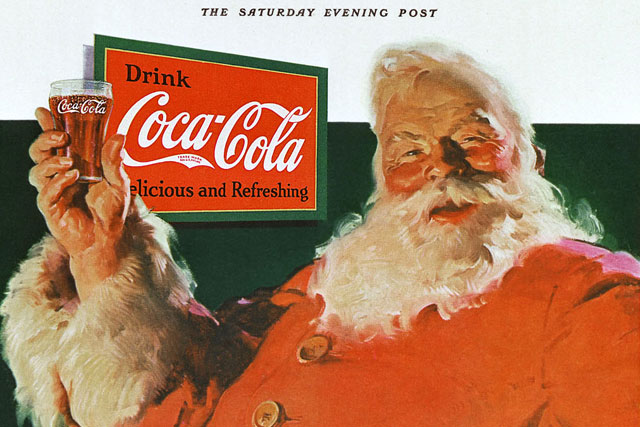All Threads
Citigroup accidentally credited a client account with $81 trillion instead of $280. The system requires employees to manually enter the transaction, but (bizarrely) the amount field comes pre-populated with 15 zeros – which the employee forgot to delete. (Thankfully the error was quickly spotted and rectified, not that Citigroup could afford that payment anyway.)
Arguably the greatest film of all time was made by a 26 year old with no filmmaking experience. Orson Wells broke new ground with Citizen Kane, rejecting the traditional chronological narrative that was a staple in Hollywood. His secret was “sheer dumbness… I was doing things only a beginner could be ignorant enough to do.”
Clicks aren’t a good proxy for brand results. There is no significant correlation between click-thru rate (CTR) and any brand effect metrics, such as ad recall, brand awareness or purchase intent.
Robert Woodruff, Coca Cola’s leading 20th century figure, understood the importance of distribution; promising to put Coke’s products “within arm’s reach of desire.” And he succeeded: today you can count the places it’s not sold on one hand.
Coca Cola doesn’t really sell soft drinks: it sells licensing to other companies who then manufacture and distribute Coca Cola.
Coca Cola is enjoyed in over 200 countries, and is available in the most remote places. Its presence is so universal that the former Zambian Health Minister complained that his country’s small villages stocked the brand but not lifesaving medicines.
The company did start using Santa in advertising in 1933. But Santa had been portrayed almost exclusively in red from the early 19th century and most of his modern image was put together by cartoonist Thomas Nast in the 1870s. In fact White Rock beverages had used Santa to advertise its ginger ale in 1923.
The coffee craze is nothing new. In 1739, there were three times more coffee shops per person in London than there are today.
The US News & World Report started to rank colleges based on many factors, like acceptance rates and class sizes. But colleges quickly started to game the system; aggressively recruiting (and rejecting) candidates to appear more selective, and capping class sizes below the stated suitable amount.
They are largely contradictory:
– Absence makes the heart grow fonder / Out of sight, out of mind
– A stitch in time saves nine / Haste makes waste
– All work and no play makes Jack a dull boy / Idleness is the devil’s workshop
– Birds of a feather flock together / Opposites attract
– You can’t teach an old dog new tricks / Never too old to learn
– You can’t tell a book by its cover / Where there’s smoke, there’s fire
– Better safe than sorry / Nothing ventured, nothing gained
– He who hesitates is lost / Fools rush in
– Two heads are better than one / Too many cooks in the kitchen spoil the broth
In a large scale study across OECD countries, 26% of the adult population were unable to use a computer – a stark reminder that your audience is not always like you.
When Concorde was suffering during the 1980s, its owners discovered that the passengers significantly overestimated the ticket price. “So very simply, we said, we’ll charge them what they think they are paying. And so we put the fares up”. Concorde ticket prices were doubled to over $7,000, one way, in today’s prices and it was repositioned to provide a super-elite class for bankers, the rich, and the famous.
Should you force a user to confirm a password when they complete your form? It certainly slows things down: removing the ‘confirm password’ box increases form conversions by 56% while not negatively affecting the password reset rate.


